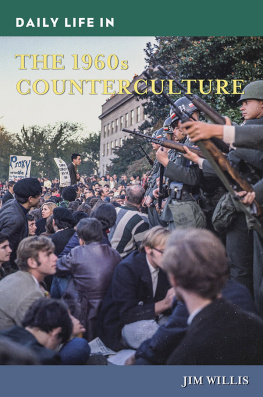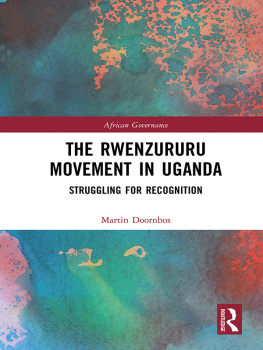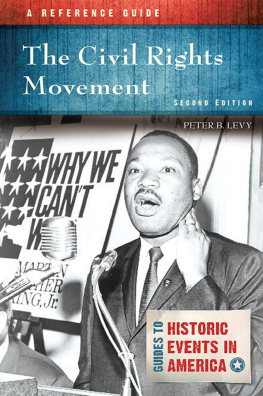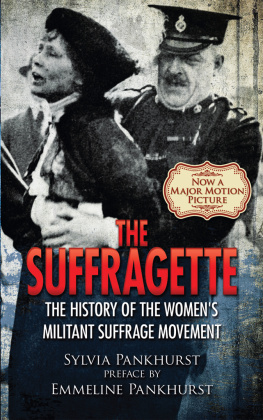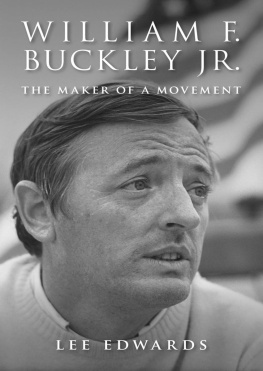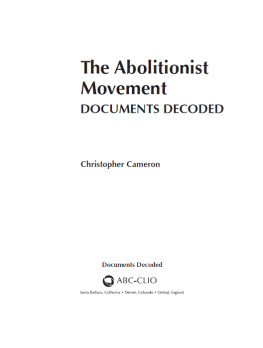1960s Counterculture
DOCUMENTS DECODED
Titles in ABC-CLIOs Documents Decoded series
Presidential Campaigns: Documents Decoded
Daniel M. Shea and Brian M. Harward
Womens Rights: Documents Decoded
Aimee D. Shouse
The Death Penalty: Documents Decoded
Joseph A. Melusky and Keith A. Pesto
The Abolitionist Movement: Documents Decoded
Christopher Cameron
The Great Depression and New Deal: Documents Decoded
Mario R. DiNunzio
The Democratic Party: Documents Decoded
Douglas B. Harris and Lonce H. Bailey
The Republican Party: Documents Decoded
Douglas B. Harris and Lonce H. Bailey
The ABC-CLIO series Documents Decoded guides readers on a hunt for new secrets through an expertly curated selection of primary sources. Each book pairs key documents with in-depth analysis, all in an original and visually engaging side-by-side format. But Documents Decoded authors do more than just explain each sources context and significancethey give readers a front-row seat to their own investigation and interpretation of each essential document line-by-line.
Copyright 2015 by ABC-CLIO, LLC
All rights reserved. No part of this publication may be reproduced, stored in a retrieval system, or transmitted, in any form or by any means, electronic, mechanical, photocopying, recording, or otherwise, except for the inclusion of brief quotations in a review, without prior permission in writing from the publisher.
Library of Congress Cataloging-in-Publication Data
Willis, Jim, 1946 March 19
1960s counterculture : documents decoded / Jim Willis.
pages cm. (Documents decoded series)
Includes index.
ISBN 978-1-61069-522-0 (alk. paper) ISBN 978-1-61069-523-7 (ebook) 1. United StatesSocial conditions19601980. 2. United StatesCivilization1945 3. United StatesHistory19611969. 4. Protest movementsUnited StatesHistory20th centurySources. 5. Social movementsUnited StatesHistory20th centurySources. 6. CountercultureUnited StatesHistory20th centurySources. I. Title.
HN59.W525 2015
303.48'40973dc23 2014034984
ISBN: 978-1-61069-522-0
EISBN: 978-1-61069-523-7
19 18 17 16 15 1 2 3 4 5
This book is also available on the World Wide Web as an eBook.
Visit www.abc-clio.com for details.
ABC-CLIO, LLC
130 Cremona Drive, P.O. Box 1911
Santa Barbara, California 931161911
This book is printed on acid-free paper
Manufactured in the United States of America
Every reasonable effort has been made to trace the owners of copyrighted materials in this book, but in some instances this has proven impossible. The authors and publisher will be glad to receive information leading to more complete acknowledgments in subsequent printings of the book and in the meantime extend their apologies for any omissions.
This book is dedicated to my fellow alumni of the remarkable class of 1964 at Midwest City High School.
What a decade the 1960s proved to be, and what a special class of Oklahomans this was.
America is a nation born out of protest.
It is a nation that grew, and continues to grow, out of protest.
Protest is built into the DNA of Americans. I think it is part of every nation to some extent, but it only had a chance to express itself and flourish in a nation that is pluralistic: one that welcomes (and is often exasperated by) the open display of disagreement.
As a journalist who now teaches and writes about a profession that focuses on needed change and upsetting a status quo that sometimes isnt working, I understand that Americas are embedded in the stories that writers tell. It has always been so, in all cultures. The power of the narrative is that the best stories resonate with readers or viewers because they tap into the values that those people have. The story may be about someone who upholds those values or someone who threatens them, but either way the values themselves are embedded in the tale. Sometimes those stories are not published for mass consumption but are simple lessons passed on by parent to child. They encase a value or maybe even an entire morality. So, along with the story comes a moral.
Take, for example, film, A River Runs through It. In the opening scenes we see Norman and his younger brother Paul as children who are learning about life under the tutelage of their father, a Presbyterian minister, in Missoula, Montana. Some of what they learn comes through homeschooling, but some of it comes another way: their father schools them in the art of fly fishing. In that art, the boys learn larger lessons about patience, following a plan, and following through on what you start.
Years ago, Columbia sociologist .
From my own journalistic experience, I believe that it is this last valuerugged individualismthat is probably the strongest of the list. At least, rugged individualism is the value that often resonates strongest with readers. Americans love to read about someone who fights the good fight, who challenges greater odds especially in the pursuit of something valuable to that individual. Isnt this the story of America itself? Why else would the earliest of adventurers and settlers in the New World have braved hardship and death when others were telling them that they could not succeed? Why else would the descendants of those settlers have pushed west into the frontier, all the way to the Pacific Ocean, when so many harsh conditions were opposing them along the way? It was as if this massive protest was expressing itself in the conquering of the wilderness that was America.
And through it all, the history of this protest was being conveyed to others who would follow, and this conveyance came through stories and written documents. For those who would follow in the footsteps of the pioneers, these stories and documents formed a kind of guidebook that was rich in insight and instruction. The documents went past the what of the pioneering movement to the why, the how, and the so what of it. Most of these documents were never meant to be published, nor did the writers know they would become the inspiration they did to later generations. Some of these papers were personal journals that were later published, some were official reports of expeditions, some were letters, and some were transcripts of official proceedings. They were mostly meant for purposes of the moment or the era, but this massive accumulation of documents has gone far beyond serving the needs of those times; they have become a lasting footprint of different eras through which America has passed: times in which the country struggled mightily; times in which it failed to meet its ideals, as expressed in documents such as the Declaration of Independence and even the ; times in which it did succeed; and times in which it needed to reach down deep to its values to pull through against formidable opponents. These moments are all there in these documents.
The premise of this book is that the history of America can be found in its artifacts andin this casein the documents left behind by previous generations. Specifically, this book looks at the documents from the 1960s. This was the decade that spilled over into the 1970s, which will forever be known as the era of protest, in which America reexamined itself and its values related to a wide range of issues. These issues included the status of free speech in America, the reasons forand value of involvement inthe
All of these issues became points of protest during the 1960s, and they were not all separate or exclusive. Indeed, like different in his struggle for civil rights. The interconnectedness of the protest movements sometimes resembled a spider web, all tied together by a common spirit of struggle for equal rights under the law.

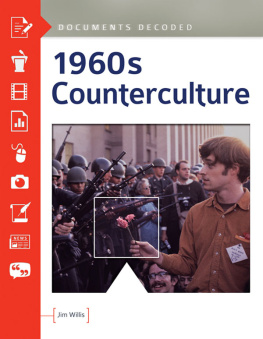
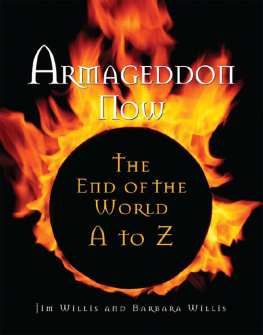
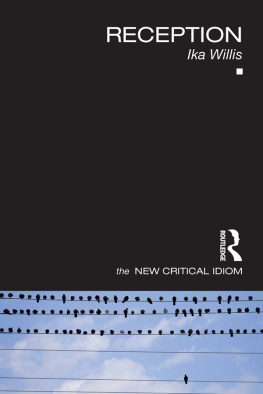

![Willis - Beer: a cookbook: good food made better with beer: [recipes]](/uploads/posts/book/224368/thumbs/willis-beer-a-cookbook-good-food-made-better.jpg)


